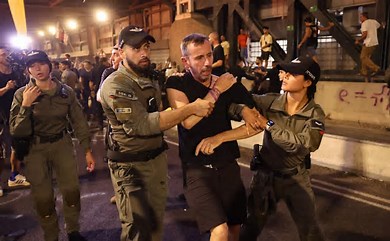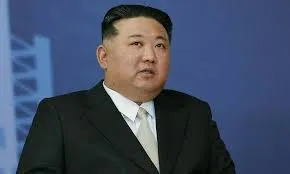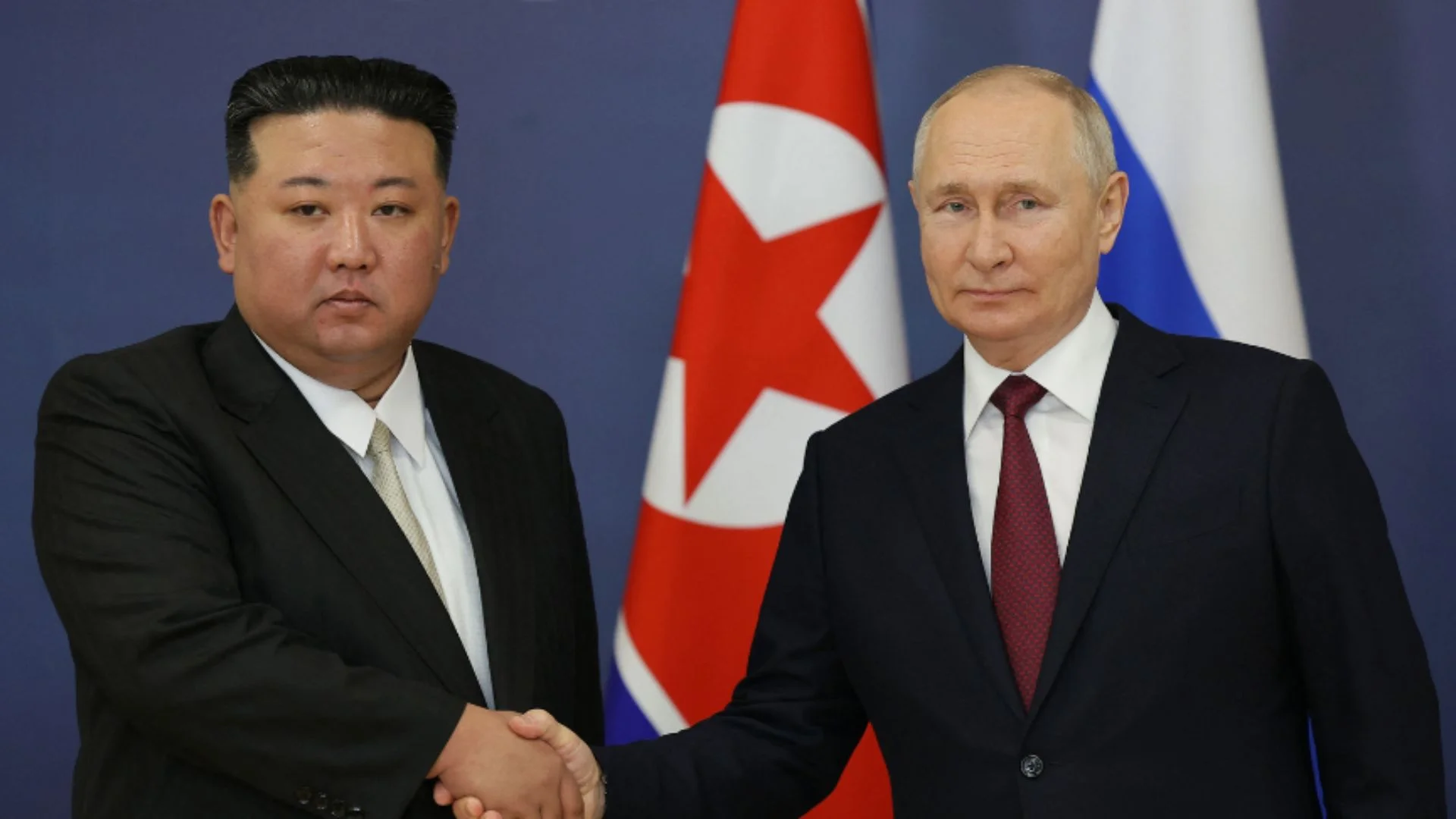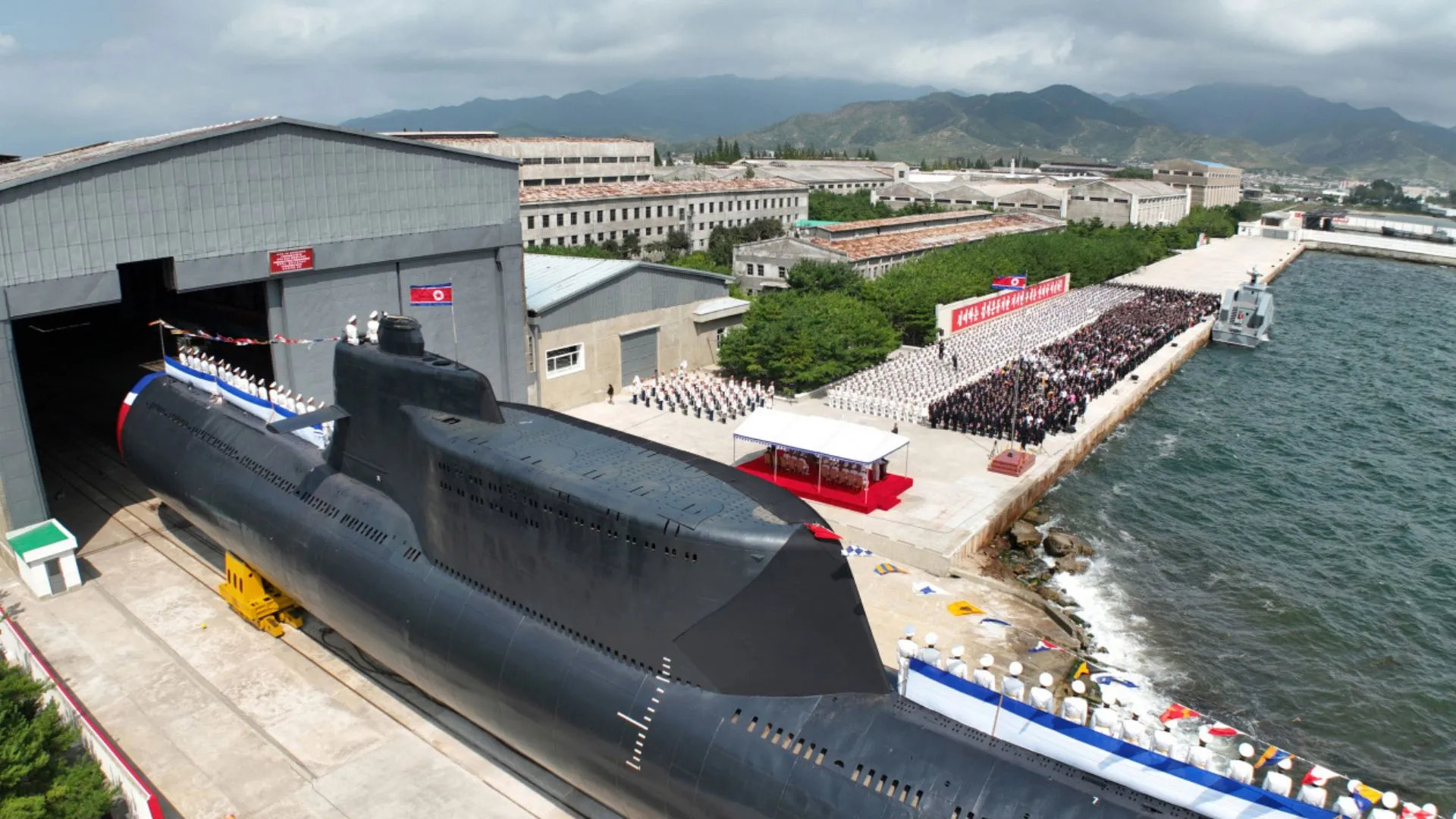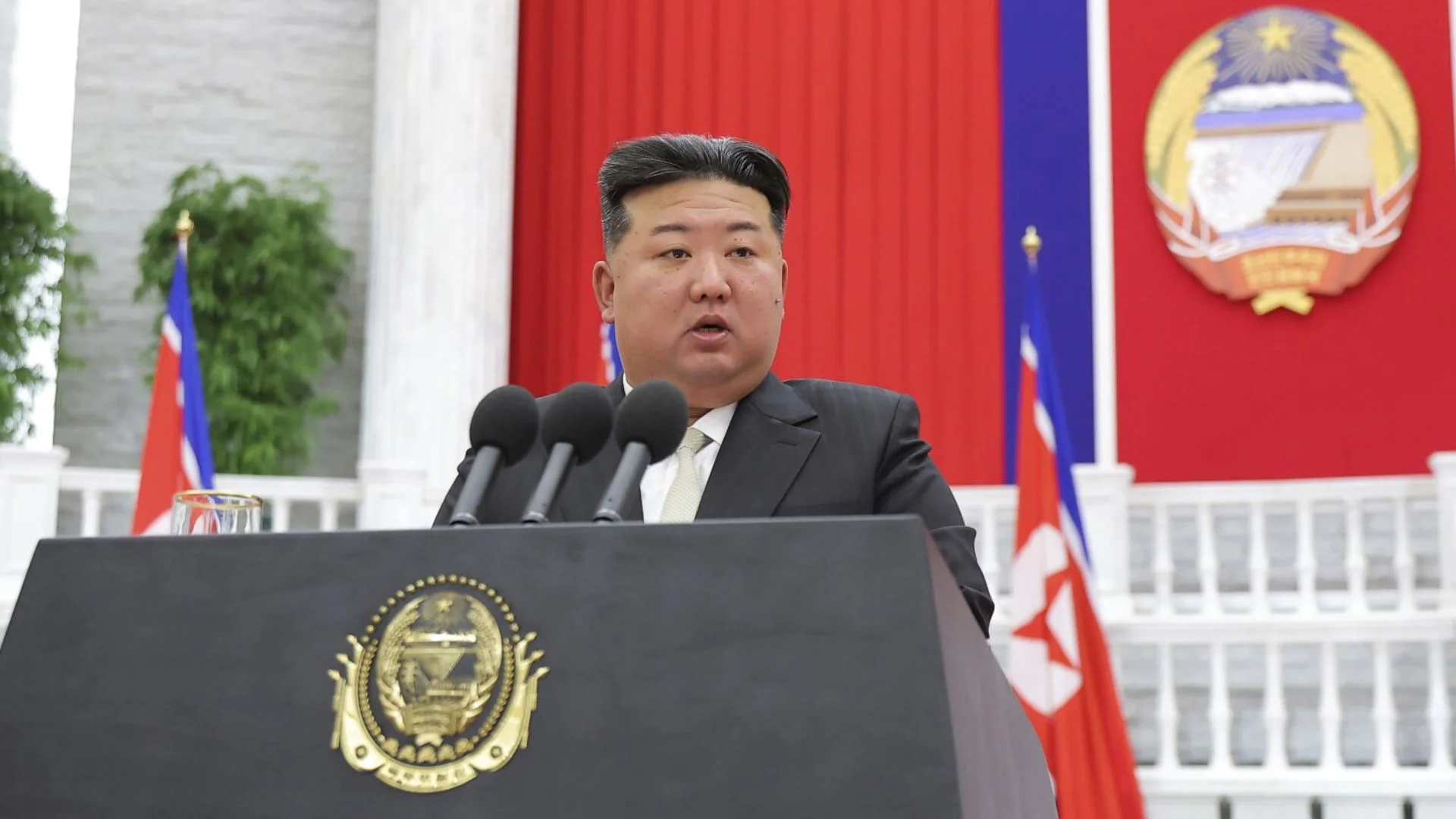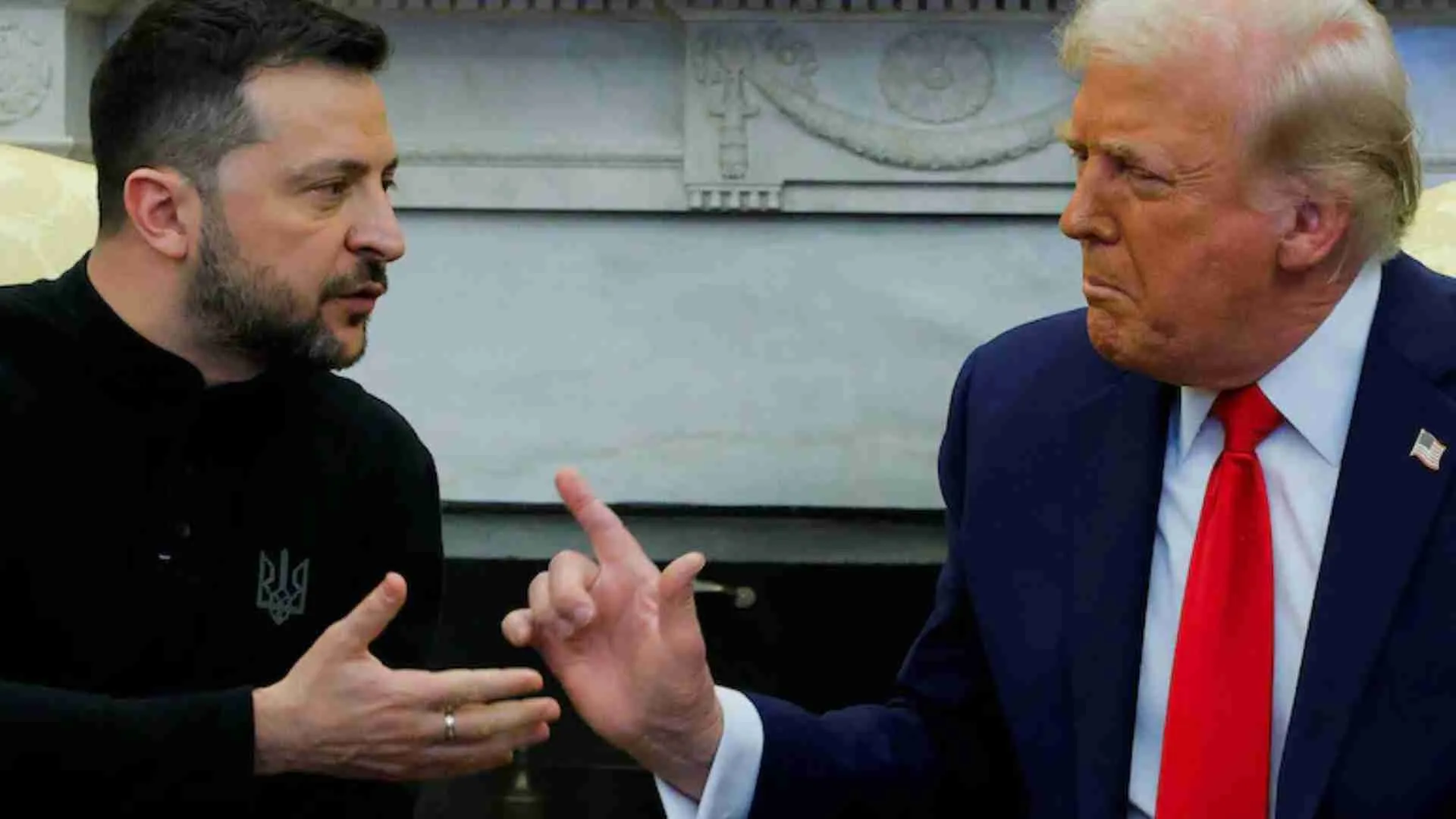Israeli Prime Minister Benjamin Netanyahu on Monday resisted escalating pressure for a cease-fire in Gaza, despite widespread protests across Israel and calls from international leaders, including U.S. President Joe Biden, for action.
Netanyahu’s Defiant Stance
In his first public address following Sunday’s mass protests, Netanyahu emphasized his commitment to maintaining Israeli control over the Philadelphi corridor, a key passage along Gaza’s border with Egypt. Israel asserts that this corridor is crucial to preventing Hamas from smuggling weapons into Gaza, a claim that both Egypt and Hamas deny. “This is the oxygen of Hamas,” Netanyahu stated, highlighting the importance of this control in his security strategy.
Netanyahu also responded to the intense criticism surrounding the ongoing hostage crisis, where the discovery of six more dead hostages has fueled public outrage. “No one is more committed to freeing the hostages than me,” he declared, dismissing any external pressure on his approach.
Mass Protests and Public Outcry
Sunday’s protests, the largest since the conflict began, saw thousands of Israelis taking to the streets in grief and anger, blaming Netanyahu for failing to secure the hostages’ release. Demonstrations continued into Monday, with protesters gathering outside Netanyahu’s private residence in Jerusalem and the Likud party headquarters in Tel Aviv, demanding immediate action.
Diverging Views on the Cease-Fire
While Netanyahu remains resolute in his strategy, internal divisions have surfaced within his government. Defense Minister Yoav Gallant has reportedly opposed Netanyahu’s insistence on controlling the Philadelphi corridor, arguing that it could jeopardize the hostages’ lives. Gallant’s concerns reflect a growing sentiment among some Israeli leaders that a cease-fire might be necessary to secure the hostages’ release and bring an end to the conflict.
U.S. Pressure and International Diplomacy
The United States, a key ally, has also shown signs of impatience. President Biden expressed his belief that Netanyahu is not doing enough, urging for quicker progress in negotiations. However, Netanyahu continues to prioritize Israel’s security demands over immediate cease-fire agreements, which Hamas has tied to the full withdrawal of Israeli forces from Gaza and the release of Palestinian prisoners.
Ongoing Conflict and Humanitarian Crisis
As the conflict drags on, with thousands of lives lost and the humanitarian situation in Gaza deteriorating, the divide between military action and diplomatic resolution remains stark. Netanyahu’s approach has received support from some quarters, but the growing public and international pressure highlight the complex and fraught path ahead.

